
Read or listen offline
Amazon KindleRecommendation
Timely and dense, this comprehensive treatment of risk assessment and management maps the minefield of business and financial risks. Although professional-level information on banking and financial risk management cannot avoid a certain intensely mathematical character, this volume also pays careful attention to the "softer" side, and stresses the importance of cultural and attitudinal factors. It is a very well-balanced presentation of the subject. However, this very valuable information is written in a turgid, repetitive, convoluted and confusing style that makes it a chore to read. This risk could have been managed by a ruthless editor able to cut half of the undergrowth to clear a path to the meaning. getAbstract.com’s advice to bankers and risk managers: brew some strong coffee and slog through the text. The content is too important to ignore.
Summary
About the Author
An independent, risk-management consultant and a former Managing Director at Bankers Trust, Douglas G. Hoffman led teams that pioneered risk-based capital models, databases, and operational risk finance and insurance programs. His firm, Operational Risk Advisors, assists financial institutions and corporate clients in assessing, analyzing and responding to operational risk.









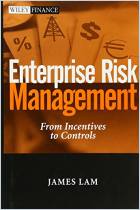
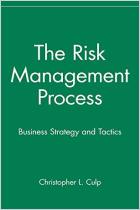
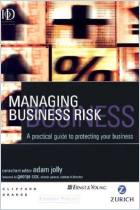
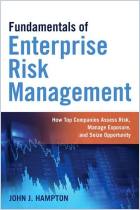
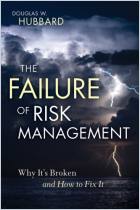



Comment on this summary